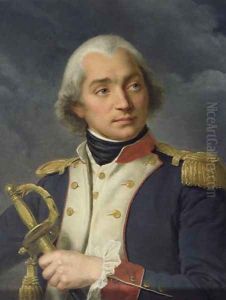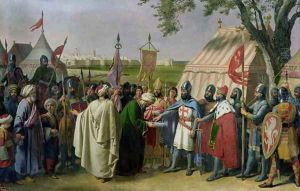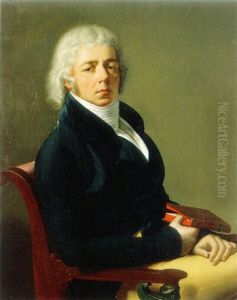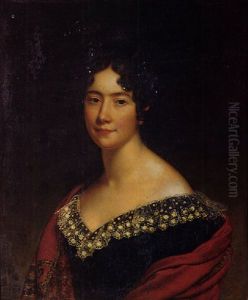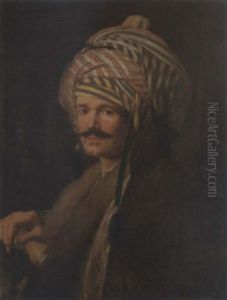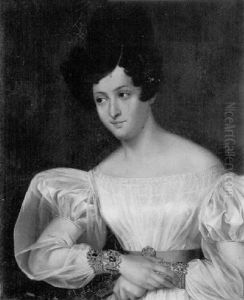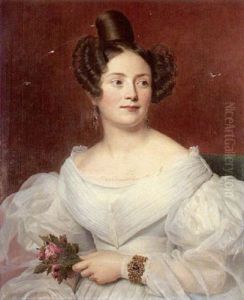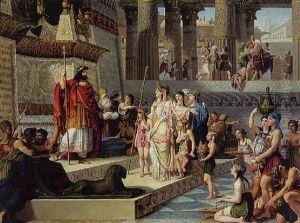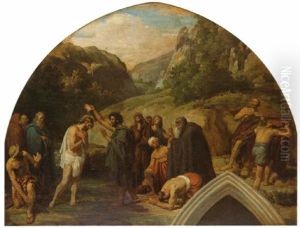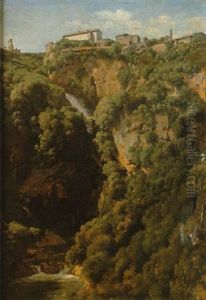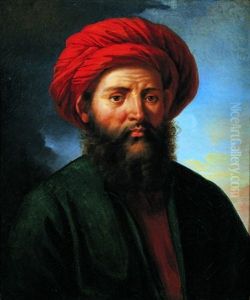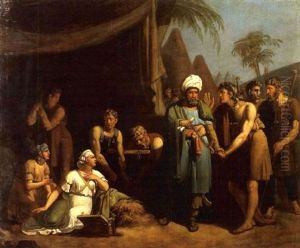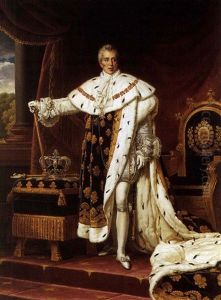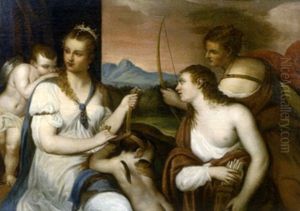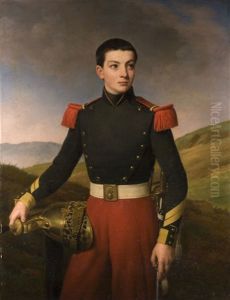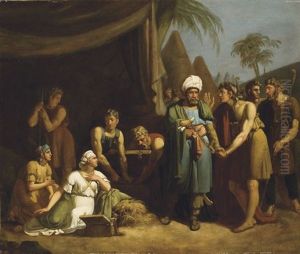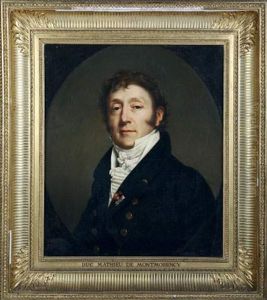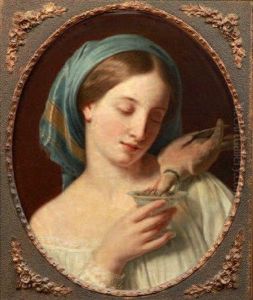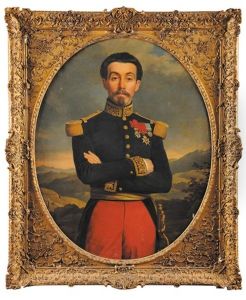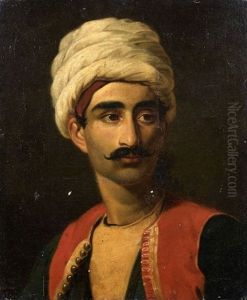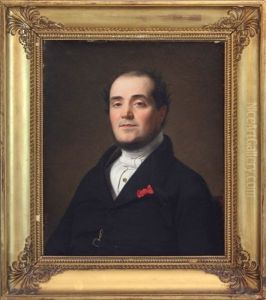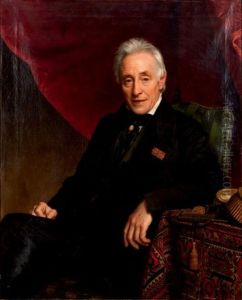Alexandre-Francois Caminade Paintings
Alexandre-Francois Caminade was a French painter born in 1783 in Paris, France. His life and work spanned a significant period in French art, bridging the late 18th and mid-19th centuries, a time marked by the turbulent years of the French Revolution, the Napoleonic era, and the Restoration period. Caminade's artistic journey reflects the stylistic transitions of his time, from neoclassicism to romanticism, capturing the evolving tastes and ideological shifts of his era.
Caminade received his early art education under the tutelage of Jacques-Louis David, one of the most prominent neoclassical painters of his time. This mentorship deeply influenced Caminade's initial artistic style, grounding his work in the principles of clarity, order, and beauty that characterized neoclassicism. However, as his career progressed, Caminade gradually embraced the emerging romantic movement, which sought to express more emotion and individuality, often through dramatic and exotic subjects.
Throughout his career, Caminade was known for his historical paintings, religious scenes, and portraits. His ability to adapt to the changing artistic landscape allowed him to maintain relevance and acclaim. Notably, his works were exhibited at the Salon, the official art exhibition of the Académie des Beaux-Arts in Paris, where he gained recognition and accolades for his contributions to French art.
Caminade's legacy is also marked by his role as a teacher. He imparted his knowledge and skills to a new generation of artists, influencing the course of French painting. His death in 1862 marked the end of an era, but his works continue to be studied and admired for their historical significance and artistic merit. Caminade's paintings are a testament to a life dedicated to art, reflecting the tumultuous yet transformative period in which he lived.
